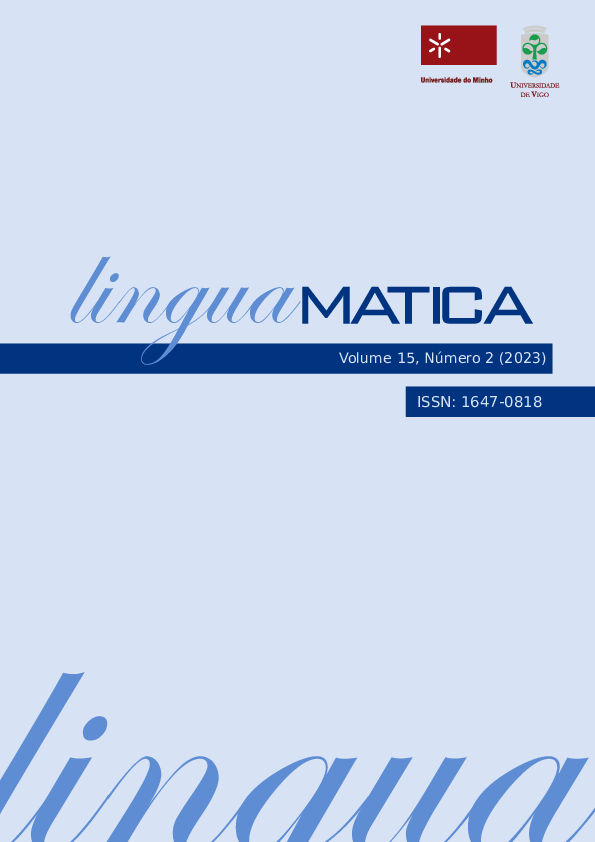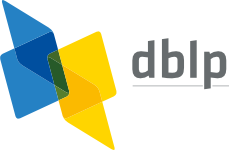NLP resources for the oil & gas domain: Petrolês
Abstract
Many organizations struggle with retrieving and extracting information from their repositories of technical documents, particularly oil and gas operators with decades of accumulated geoscientific reports and documents. However, the majority of linguistic resources for natural language processing are derived from internet pages in English. In this article, we present the linguistic resources developed throughout the Petrolês project, with an emphasis on PetroNer, a gold standard corpus annotated with domain entities, syntactic dependencies, and aligned with an ontology of geological concepts. We report the construction process of PetroGold, a gold standard treebank used in generating a customized model for syntactic dependency annotation, and we detail the entity annotation process in PetroNer, carried out through the creation of linguistic rules. We also conduct a study on the application of rules in the corpus, and finally, we describe linguistic characteristics of the material comprising Petrolês, comparing it with a corpus of journalistic texts.
Copyright (c) 2023 Cláudia Freitas, Elvis Sousa, Maria Clara Castro, Tatiana Cavalcanti, Patricia Ferreira da Silva, Fábio Corrêa Cordeiro

This work is licensed under a Creative Commons Attribution 4.0 International License.
Authors who publish with this journal agree to the following terms:
- Authors retain copyright and grant the journal right of first publication with the work simultaneously licensed under a Creative Commons Attribution License that allows others to share the work with an acknowledgement of the work's authorship and initial publication in this journal.
- Authors are able to enter into separate, additional contractual arrangements for the non-exclusive distribution of the journal's published version of the work (e.g., post it to an institutional repository or publish it in a book), with an acknowledgement of its initial publication in this journal.
- Authors are permitted and encouraged to post their work online (e.g., in institutional repositories or on their website) prior to and during the submission process, as it can lead to productive exchanges, as well as earlier and greater citation of published work (See The Effect of Open Access).













